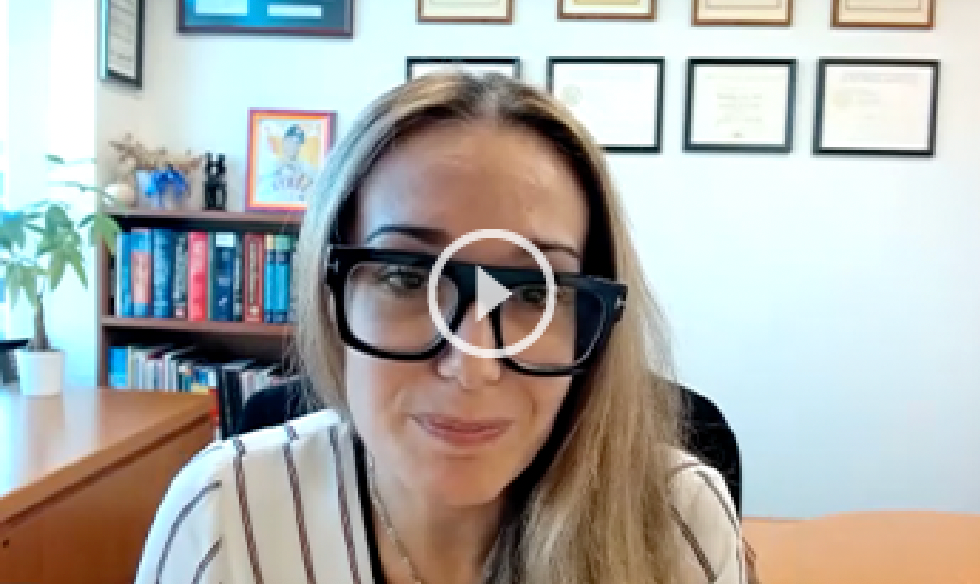Episode Highlights
0:06 - Intro
0:28 - About Hadfield
1:48 - Fellowship Highlights
3:10 - Interest in Immunotherapy Toxicities
5:28 - Research on These Toxicities
7:35 - Key Takeaways for Community Oncologists
9:23 - Cellular Senescence
11:43 - Impactful Moments in Hadfield's Career
13:23 - Advice to Other Emerging Experts
In our third episode of Emerging Experts, host Jordyn Sava is joined by Matthew Hadfield, DO, a third-year hematology/oncology fellow at Brown University, to discuss his interest and research in immunotherapy toxicities.
During the start of his career, Hadfield saw significant developments with targeted therapies, particularly in the EGFR-mutated non–small cell lung cancer space. While he worked on early-phase and phase 1 trials which evaluated EGFR-targeted therapies, he became more and more interested in uncovering the impacts those drugs can have on patients with cancer.
When the first FDA approval for an immunotherapy came in March 2011 for ipilimumab (Yervoy) as a treatment for patients with late-stage melanoma, the field of oncology was changed due to its profound impact.
“Immunotherapies have changed the entire landscape of how we think about cancer and how we treat cancer, and it's been an exciting time to be in the field,” said Hadfield.
However, immunotherapy toxicities and their impact on patients remains an area that still is lacking with regards to awareness. According to Hadfield, while these therapies can potentially provide years of benefit for patients, almost half of the patients who receive treatment with a checkpoint inhibitor develop severe toxicities.
“I certainly don't want to take away from the fact that immunotherapy really has changed the landscape of how we treat patients and adoptive cellular therapies and [chimeric antigen receptor] T in the future is really going to continue to widen that landscape, but there's just a lot of questions we don't want to have answers for,” explained Hadfield.
Hadfield delves into information surrounding this topic, highlighting his passion for early-stage clinical trials, his hopes for more research in this space, and how his education and mentors have helped shape his career thus far.








